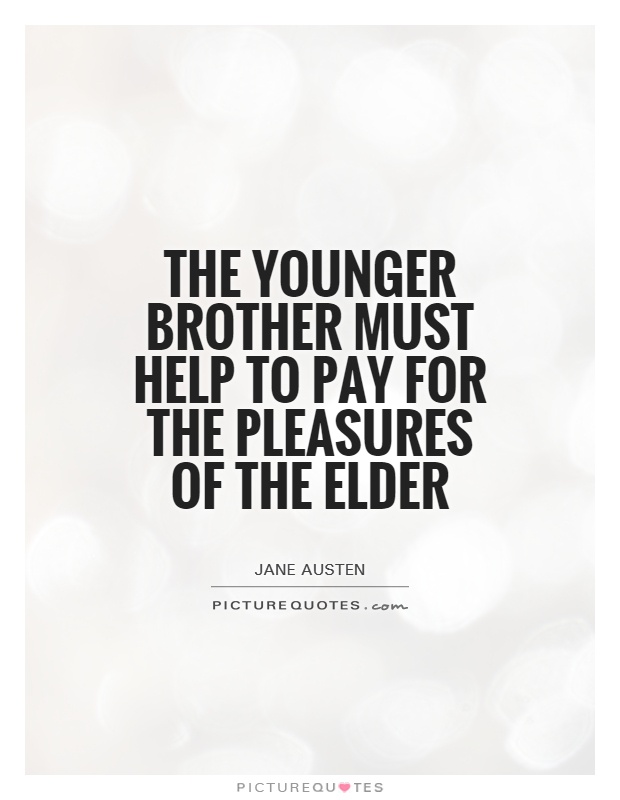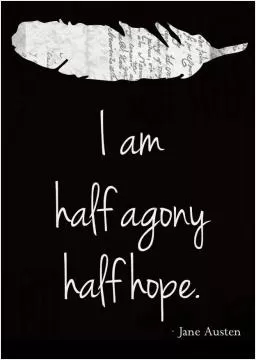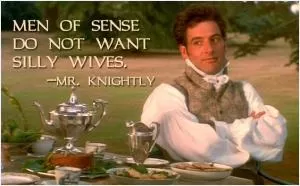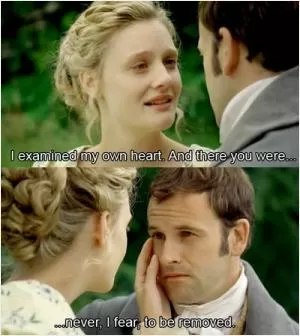The younger brother must help to pay for the pleasures of the elder

The younger brother must help to pay for the pleasures of the elder
In the world of Jane Austen's novels, the concept of the younger brother helping to pay for the pleasures of the elder is a common theme that reflects the social norms and expectations of the time. In Austen's society, the eldest son typically inherited the family estate and wealth, while the younger sons were expected to make their own way in the world. This often meant that the younger brothers had to rely on their own resources to support themselves, while also contributing financially to the lifestyle of their elder siblings.One of the most famous examples of this dynamic can be seen in Austen's novel "Pride and Prejudice." In the Bennet family, Mr. Bennet is the father of five daughters and has no sons. As a result, the family estate of Longbourn is entailed away from the female line, meaning that it will pass to a male heir upon Mr. Bennet's death. This puts pressure on Mr. Bennet to ensure that his daughters are well-married in order to secure their financial futures.












 Friendship Quotes
Friendship Quotes Love Quotes
Love Quotes Life Quotes
Life Quotes Funny Quotes
Funny Quotes Motivational Quotes
Motivational Quotes Inspirational Quotes
Inspirational Quotes